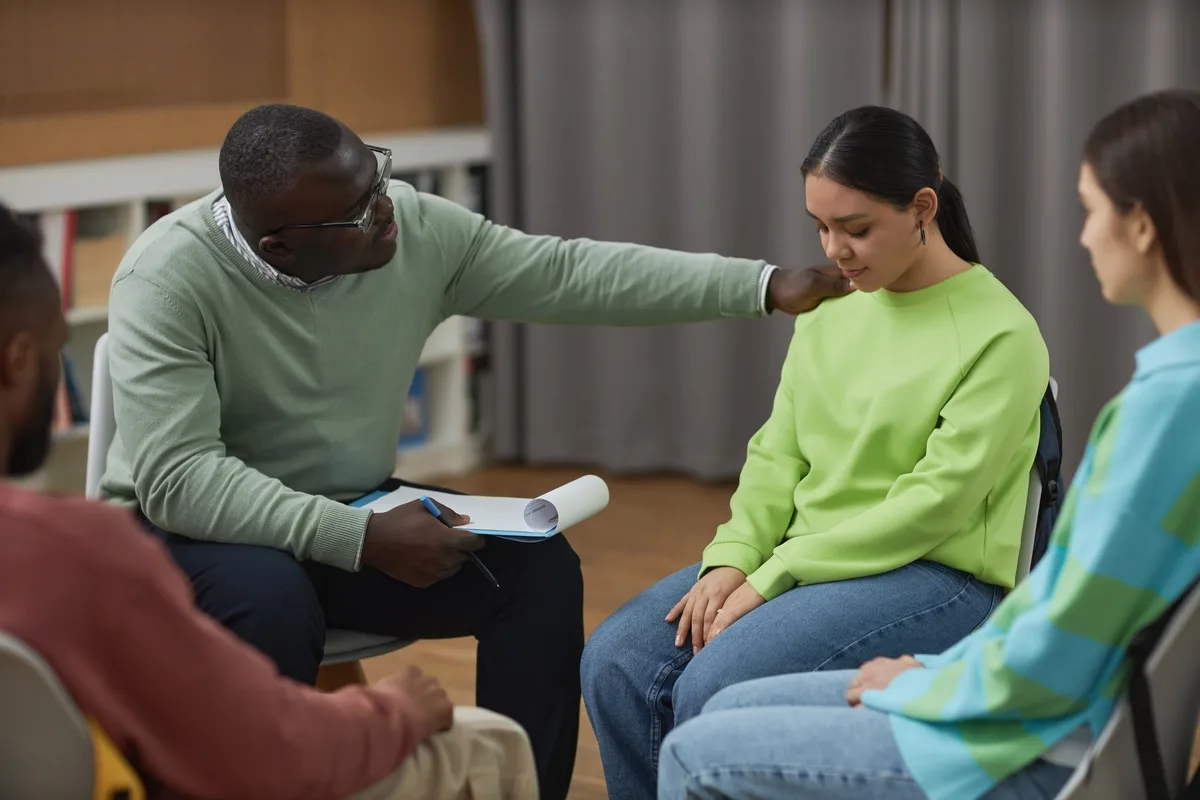centers play a crucial role in addressing the drug and alcohol addiction crisis in Cherokee, North Carolina. Nestled in the picturesque Smoky Mountains, Cherokee is within the Qualla Boundary, home to the Eastern Band of the Cherokee Indians. This community has a population of around 2,000 residents, who live amidst a backdrop of natural beauty and rich cultural heritage. However, like many small towns across America, Cherokee has faced an increasing prevalence of substance abuse issues that have deeply affected families and individuals in the area. The issues of drug and alcohol addiction in Cherokee, North Carolina, are both alarming and complex, calling for immediate intervention through dedicated rehabilitation programs. With the opioid crisis gripping many regions, Cherokee has not been spared, leading to a pressing need for comprehensive addiction treatment solutions. The impact of addiction is felt by individuals and families across all demographics, emphasizing the need for accessible and effective rehab facilities. Since the community is close-knit, the stigma surrounding addiction makes it even more important to provide compassionate and understanding care through rehab centers. Historically, Cherokee holds a significant place in the U.S. narrative, symbolizing resilience and survival against the odds, especially in the face of colonization and cultural erosion. This history underscores the importance of healing—both physical and mental—a charge that rehab centers in Cherokee, North Carolina strive to fulfill. Whether dealing with alcohol abuse, prescription medication dependency, or illicit drug use, the availability of these rehab centers offers hope and a roadmap to recovery for those struggling. Therefore, educating the community about rehabilitation options and reducing stigma is vital in fostering an environment where recovery is not only possible but celebrated as a transformative journey. The need for effective rehab centers is critical, affirming the commitment to save lives and rebuild futures in Cherokee, North Carolina.Addiction treatment, drug and alcohol rehab centers are also available in
CherokeeLearn more about















































































